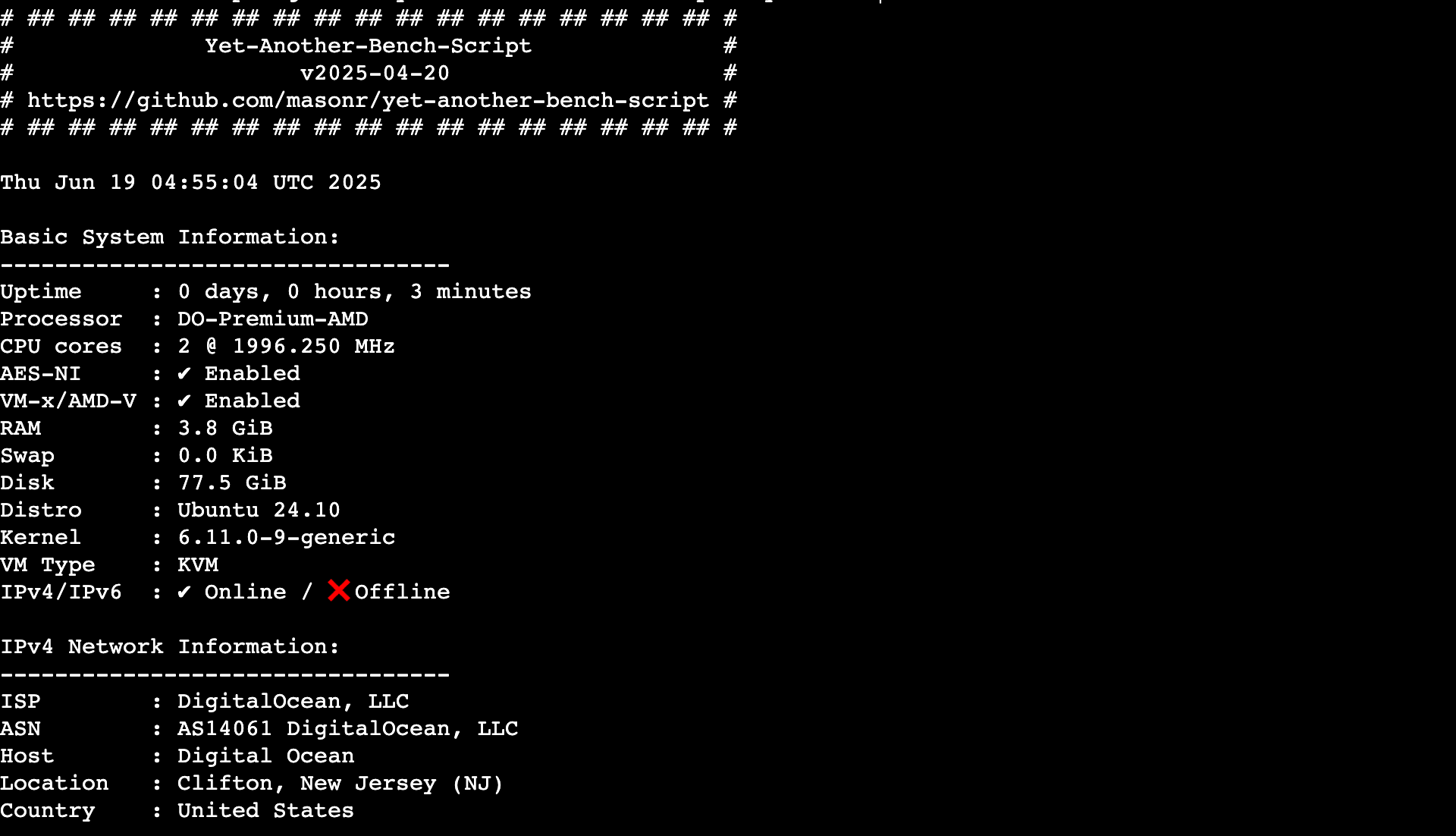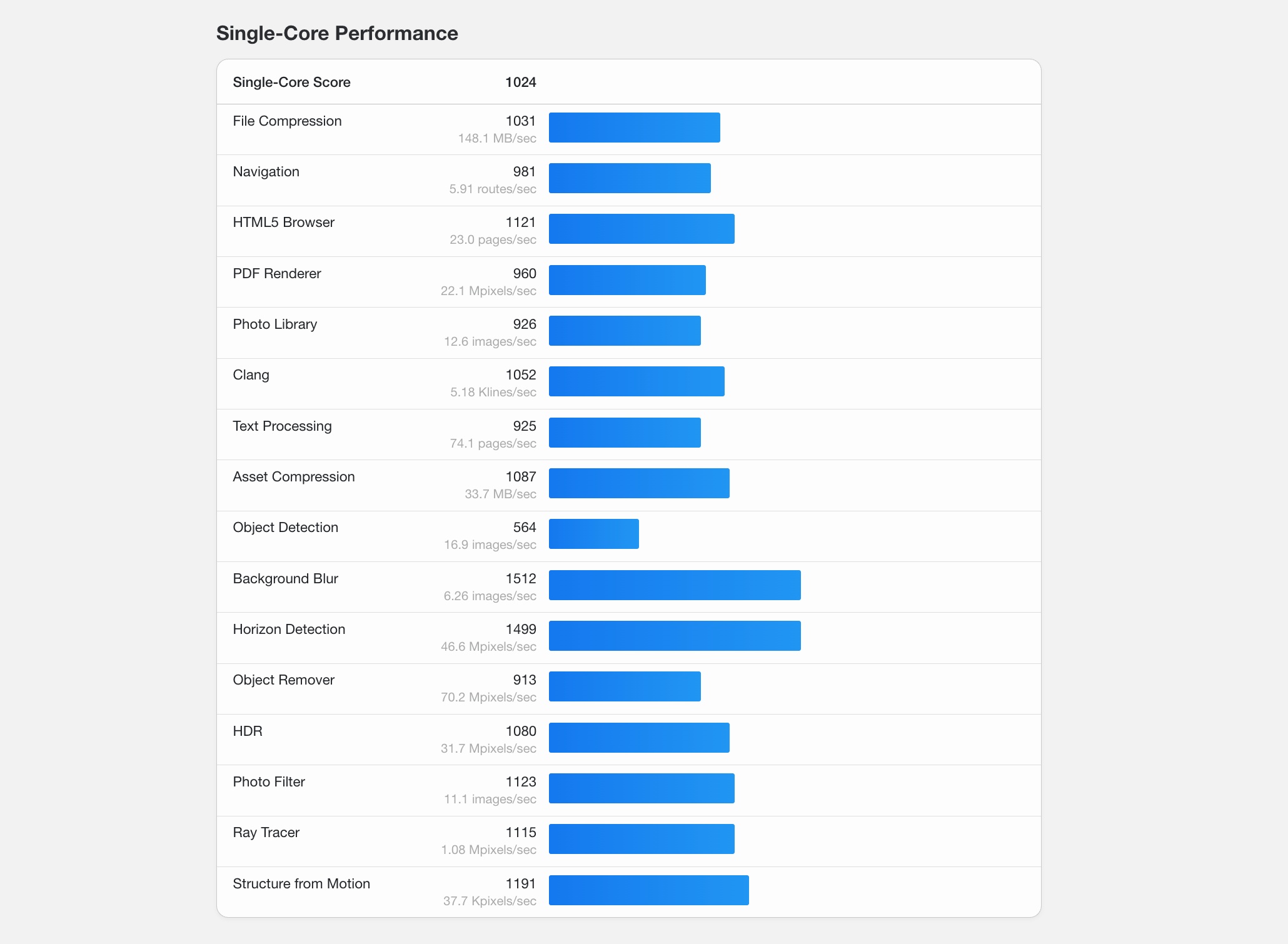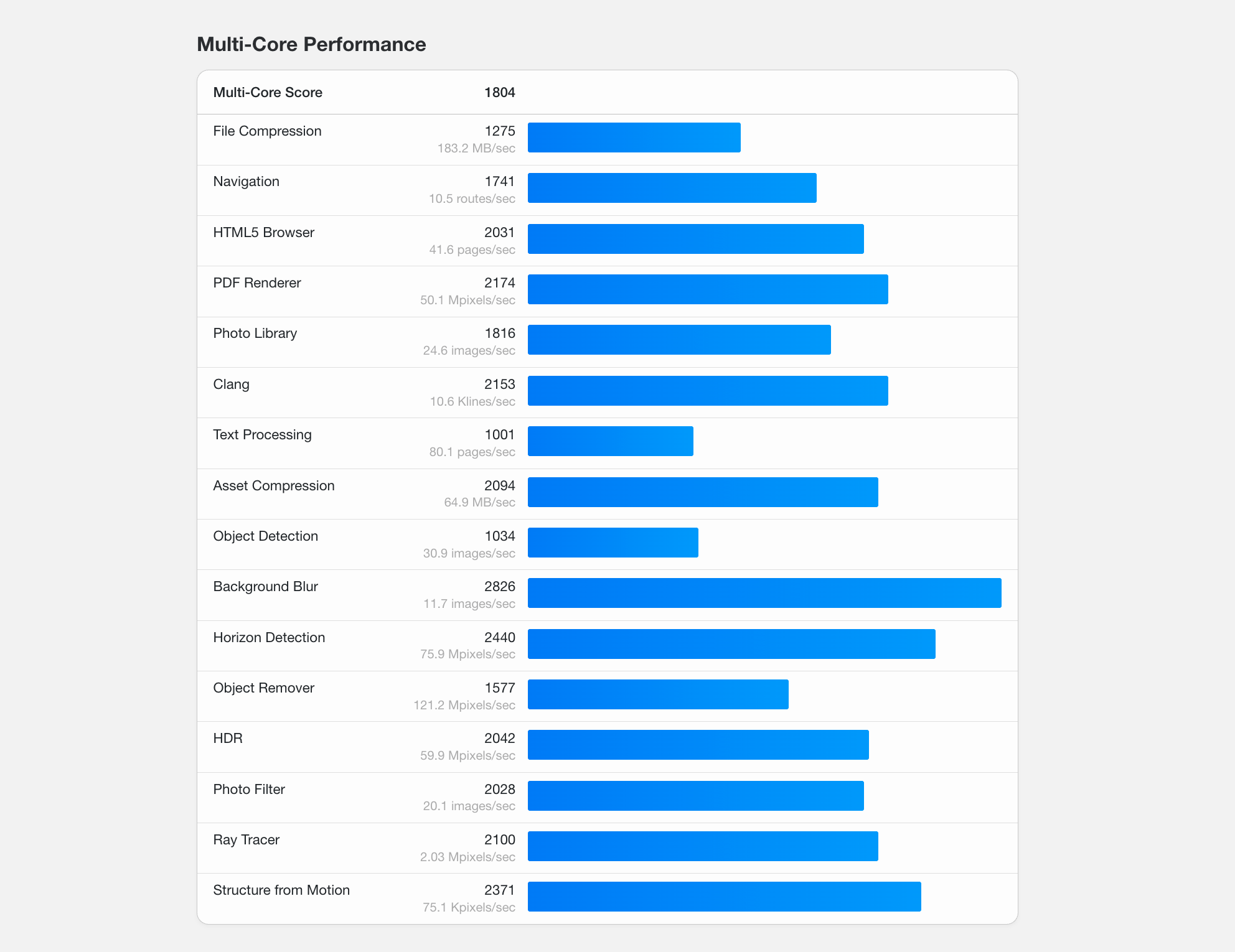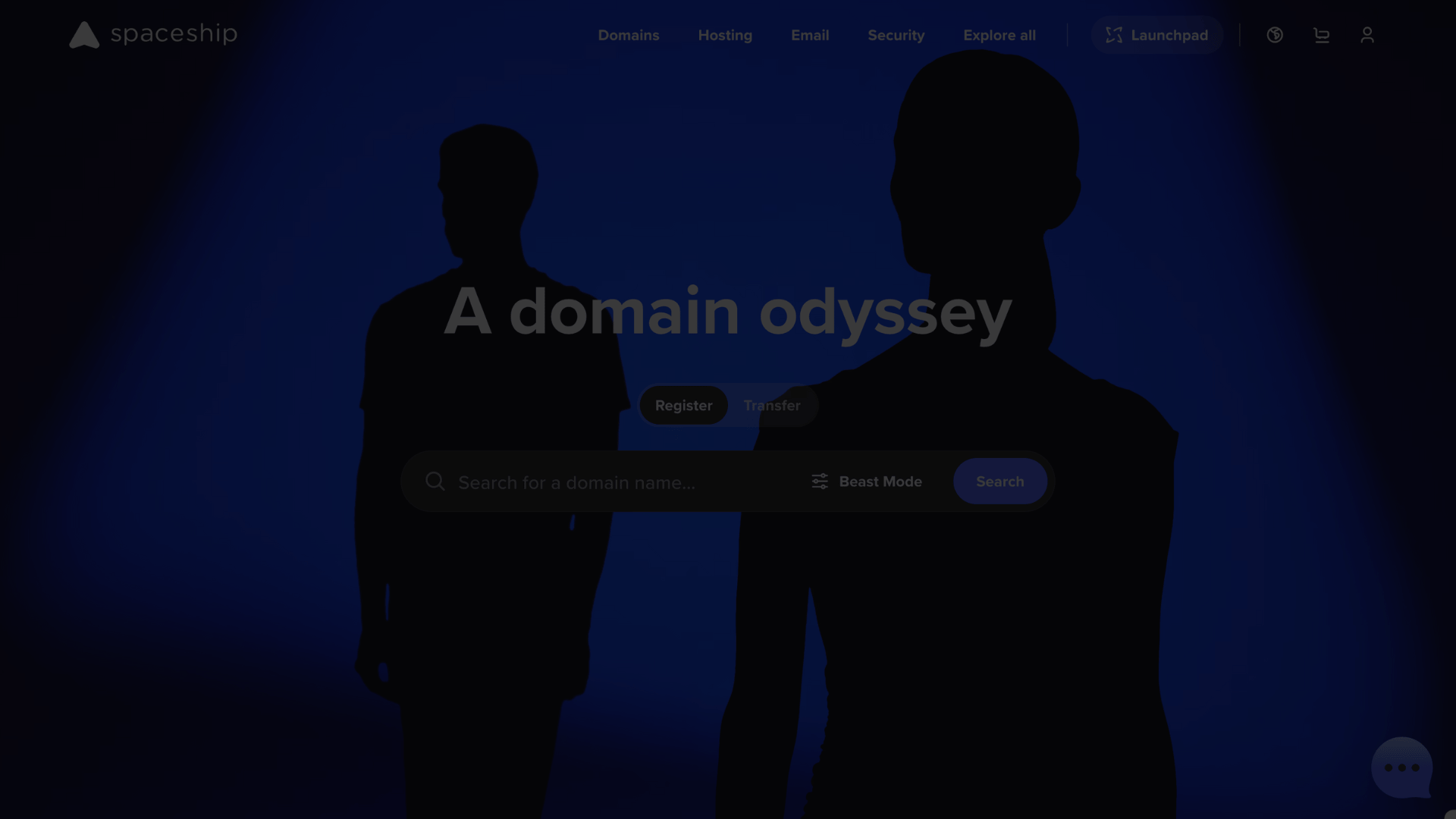I have been hosting my websites on DigitalOcean for ages now, and I truly love the performance it offers.
Recently, I tried shifting one of my biggest website designed on Python (using Flask) to DigitalOcean’s droplet. But before that, I wanted to compare the single-core and multi-core performance of this droplet to see if it would meet my website’s demands effectively or not.
For this comparison, I created DigitalOcean Premium AMD droplet with 2 vCPUs and 4 GB RAM for this test. Here’s the complete details of my droplet:
- Droplet Name & Type: Basic (Premium AMD)
- Location for Testing: NYC3 (New York – Datacenter 3)
- vCPUs & RAM: 2 AMD CPUs, 4 GB
- Operating System (OS): Ubuntu 24.10 x64
- Price: $28/mo
See droplet details on DigitalOcean
Performance Results
For this comparison, I’ll use YABS.sh, a free benchmarking script for Linux servers. You can also use this script on any server to test their performance for FREE.

Here’s the code I tried:
curl -sL https://yabs.sh | bash1. Single-Core Performance
Let’s get started with the single-core performance first.
But first, let me tell you more about why single-core performance is essential.
Single core performance refers to how efficiently and quickly a single processing unit (core) of a CPU can execute instructions. For web servers, this is crucial because each incoming request is usually processed by a single worker process or thread. If your application logic, database queries, or Python code are CPU-intensive, higher single-core performance means each request is served faster.
Now, let’s get back to the results:

Based on the Yabs.sh benchmarking script, the Geekbench score we got for single-core performance is 1024. The result is pretty decent compared to some other cloud hosting providers.
Still, to be honest, I was expecting a bit more from this, especially when one of its main rival, Vultr offers 1867 score with similar configuration (see results here).
2. Multi-Core Performance
Now, let’s talk about the multi-core performance of this droplet.
In case you don’t know about multi-core performance, it measures how well a CPU can handle multiple tasks simultaneously by using all the available cores.
A higher multi-core score means better parallel processing capabilities, which can lead to faster response times under load.

Here’s the multi-core performance result from the same YABS.sh benchmark:
- Multi-Core Geekbench Score: 1804
This result again is not very satisfactory compared to what Vultr offers in similar range! But if we compare overall features and stability, this result is not poor though!
3. Other Metrics
Here are some other metrics from YABS.sh that matter to web developers.
3.1 Disk Performance (fio Mixed R/W 50/50)
| Block Size | Read | Write | Total | IOPS (Total) |
|---|---|---|---|---|
| 4k | 110.52 MB/s | 110.81 MB/s | 221.33 MB/s | 55.3k |
| 64k | 520.95 MB/s | 523.70 MB/s | 1.04 GB/s | 16.3k |
| 512k | 711.30 MB/s | 749.10 MB/s | 1.46 GB/s | 2.8k |
| 1m | 628.73 MB/s | 670.61 MB/s | 1.29 GB/s | 1.2k |
💡 Observation: Compared to others, DigitalOcean performs average on disk operations across all block sizes, both in throughput and IOPS.
3.2 Network Performance (iperf3 IPv4)
| Location | Send Speed | Recv Speed | Ping |
|---|---|---|---|
| London, UK | 1.85 Gbps | 3.21 Gbps | 72 ms |
| Amsterdam, NL | 1.89 Gbps | 3.17 Gbps | 76 ms |
| Tashkent, UZ | 839 Mbps | 906 Mbps | 228 ms |
| Singapore, SG | 582 Mbps | 861 Mbps | — |
| Los Angeles, CA | 1.34 Gbps | 3.49 Gbps | 67 ms |
| NYC, NY | 2.01 Gbps | 8.08 Gbps | 2.59 ms |
| Sao Paulo, BR | 1.09 Gbps | 2.16 Gbps | 111 ms |
These results are satisfactory, but to be honest, I expected a bit more.
Comparison with Cloud Hosting Providers
Not just DigitalOcean, but we tested benchmark of other cloud hosting providers that rivals DigitalOcean, and here are the results.
1. Vultr Result (with Similar Configuration)
- Droplet Name & Type: Shared CPU (High Performance AMD)
- Location for Testing: New Jersey
- vCPUs & RAM: 2 AMD CPUs, 4 GB
- Operating System (OS): Ubuntu 24.10 x64
- Price: $24/mo

Here are the results we got from them using same or similar configuration with same benchmarking script.
- Single-Core Performance: 1860
- Multi-Core Performance: 3385
💡 Observation:
Compared to DigitalOcean, Vultr offers 2-3 times faster performance in every category, whether it’s single-core or multi-core processing, network speed, or a disk performance at a cost-effective pricing.
What the Results Mean for Real-World Use
While the performance of DigitalOcean’s Premium AMD droplet is somewhat decent, they are still outperformed by Vultr’s comparable plan. And for web developers like us, generally, it provides reliable performance to our websites, but it may not be the top choice for CPU-intensive or highly concurrent web applications where raw processing speed is critical.
Also, the disk performance on DigitalOcean is average on all block sizes, which is generally considered sufficient for most web workloads, but might not be ideal for applications with heavy disk I/O demands. Network speed are also solid, especially within the US and Europe, which is good and offer great connectivity for most users.
In practical terms, DigitalOcean stands out for its superior customer support, stability, uptime, and ease of use, making it one of the best choices for developers who prioritize reliability and stability over peak benchmark numbers. However, if your primary need is maximum single-core or multi-core speed – such as for high-traffic APIs or CPU-bound workloads, you may need to consider other competitors or opt for a CPU-intensive droplet from DigitalOcean.
Summing Up!
To sum up, DigitalOcean is indeed one of the best platforms for web developers, but its single-core and multi-core performance is somewhat average.
If you’re looking for a reliable hosting provider, it is one of the best choices for your needs, offering several features and ease of use. However, when it comes to performance and latency, you’ll find much better results with other cloud providers.
Personally, I have been using them for decades and they have never disappointed me. If you are using DigitalOcean and its services, I would love to hear your opinions as well.
Happy blogging, folks!



